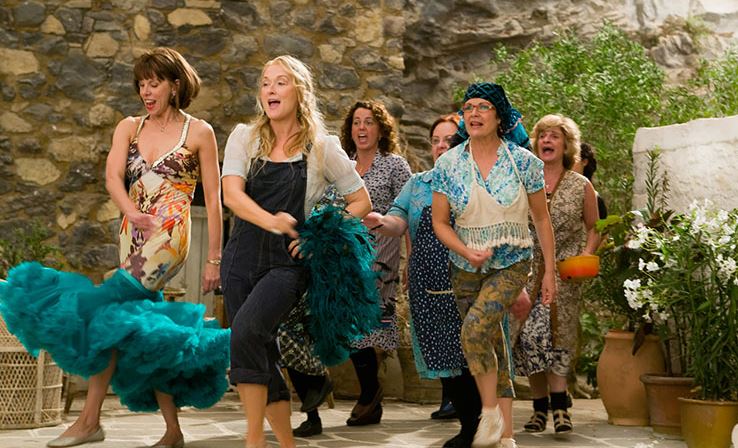The study has shown that older people who regularly take part in physical exercise can have an anti-ageing effect on the elderly – and dancing has the biggest impact.
Researchers at the German center for Neurodegenerative Diseases compared two fitness routines – dancing and endurance training – over 18 months in volunteers with an average age of 68.
While both groups showed an increase in the hippocampus area of the brain – the region that controls memory, learning and balance and is also affected by dementia – only dancing led to noticeable improvements in coordination.
The power of music – and movement
The researchers credit this to the challenge of learning new dance routines, compared to the traditional fitness program which mainly used repetitive exercises such as cycling and walking.
They are now developing a new program called ‘Jymmin’ (jamming and gymnastics) to trial on people with dementia.
It makes sense to me. Just recently, we covered a ‘silent disco’ that is providing physical and mental benefits to aged care residents with dementia.
My own great-aunt kept up her competitive ballroom dancing well into her eighties – until a second hip replacement put her out of action. Now aged 95, she still lives at home with little assistance.
It’s already been proven that physical activity is one of the best things you can do to slow down the effects of ageing.
Why not kick up your heels and have some fun at the same time too?
Picture: Should you get your dancing shoes on like Meryl Streep in the 2008 musical ‘Mamma Mia’?



